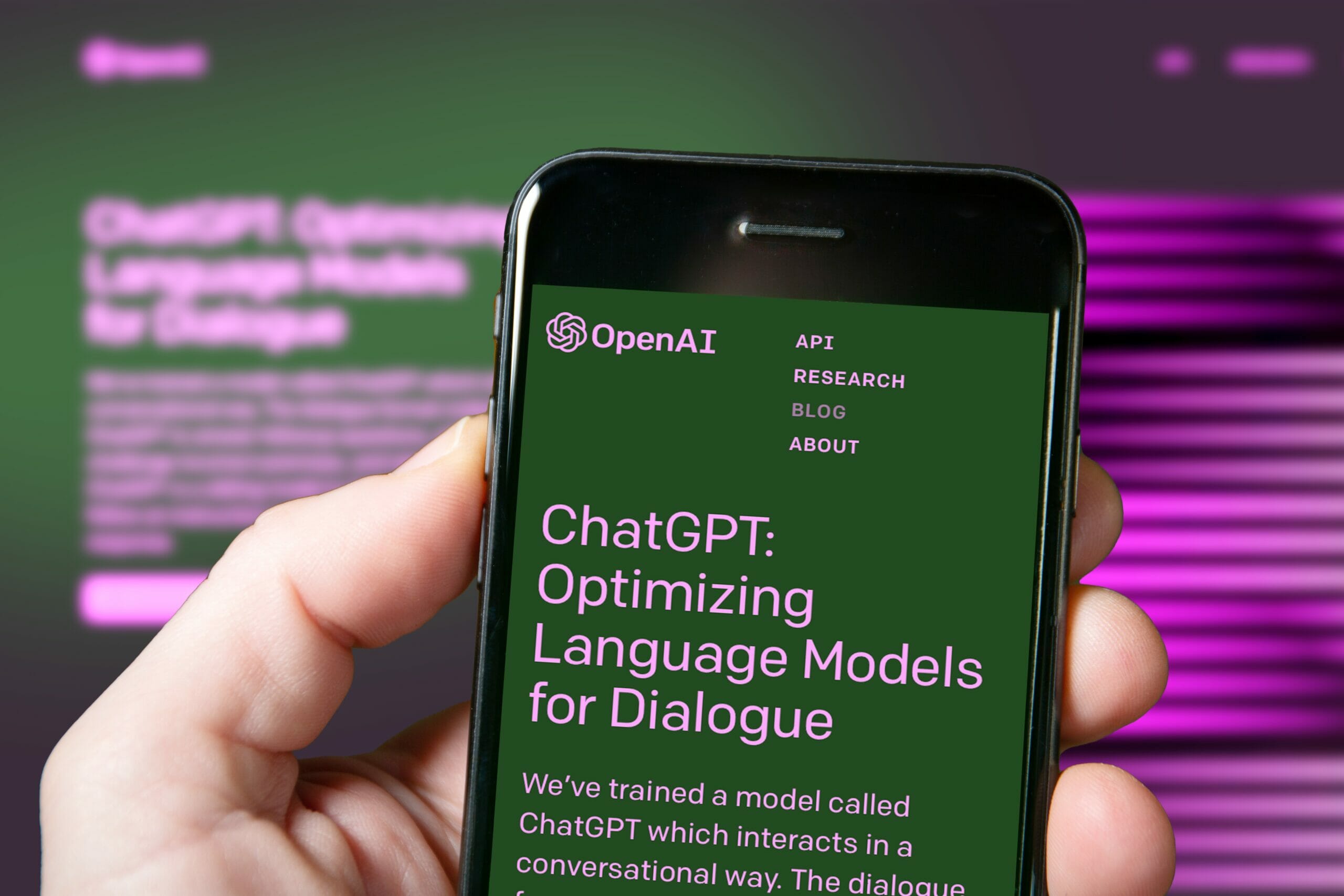Stockholm-based startup Lovable AI has launched a new feature that transforms Figma prototypes into fully functional apps, in partnership with Builder.io. This integration allows designers to bypass developers and independently create applications or websites, taking control of both the creative and technical aspects.
Founded in 2023, the app Lovable allows users to build websites from scratch with no-code through gpt engineer. However, this new update has once again lowered the barrier to entry, meaning that users can upload ideas straight from Figma files to a new app instead of creating an application from Loveable directly.
Its new integration encourages product and design professionals to experiment more with prototypes when looking to build an MVP. In a statement, Lovable said: “Designers can finally stop depending on developers to translate their designs into apps or websites. Instead, they can take full control of the creative and technical process. With this new integration, the great things they build will truly push the boundaries of what's possible.”
This news follows Lovable receiving $7.5m in pre-seed funding in October 2024. The startup plans to introduce more advanced Figma integrations for seamless design-to-code workflows.
“Large Language Models have quickly become superhuman at generating correct code for entire applications,” said Anton Osika, Co-Founder of Lovable, back in October last year, “It's like giving everyone a team of world-class developers in their pocket. For instance, GitHub's Copilot has already shown that developers using AI are 2.2x faster at completing tasks.”
How will this impact product teams? Paweł Huryn, Author and founder of The Product Compass shared his thoughts on a LinkedIn post, noting how this could accelerate products' ability to test business ideas, innovate, and reduce time to market. The lower barrier to entry can also aid the continuous discovery and delivery cycle. In essence, the easier it is to test and experiment, the easier it becomes to provide customers with better solutions to their problems.
A no-code/low-code approach to building MVPs has been brewing for months now. In a guest post on Mind the Product, Hardik Chawla, Senior Product Manager at Amazon, highlighted this trend, suggesting that “A low code approach is especially valuable for startups and product managers looking to build and launch minimum viable products rapidly.”
He added: “Low-code platforms, while still requiring some coding knowledge, bridge the gap between the simplicity of no-code tools and the flexibility of traditional development environments.”
For tips on building a no-code MVP, you can check out his full guest post here.






